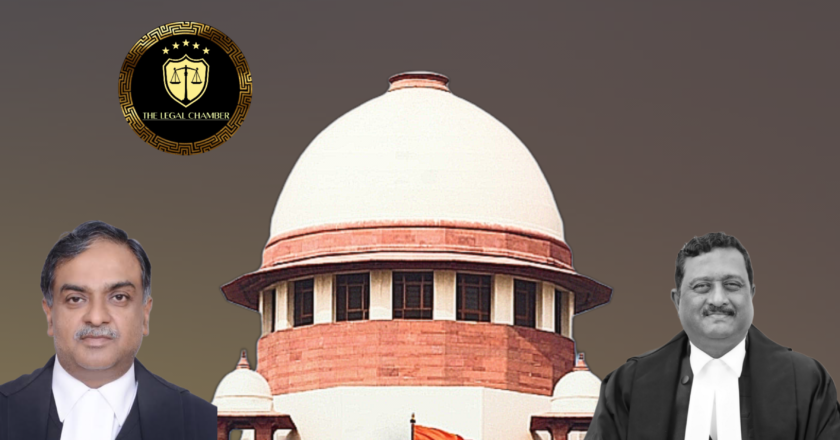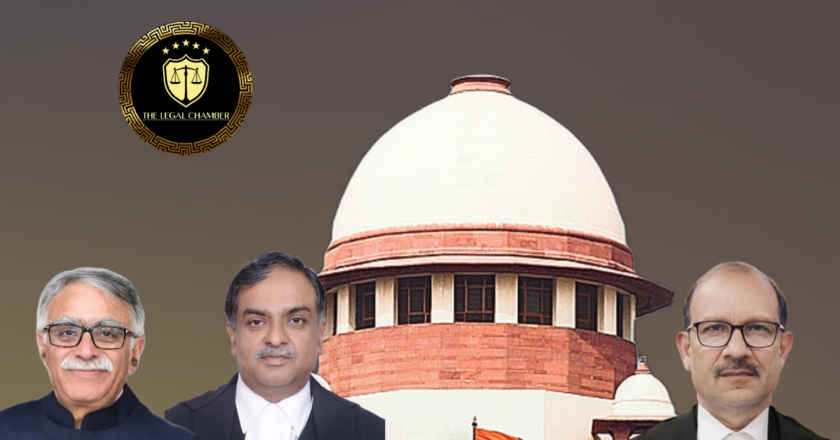Specific Performance Suit Fails: Supreme Court Explains Why Buyer Must Vacate Despite Long Possession
The Supreme Court affirmed the executability of a warrant of possession, ruling that a party who receives substantial monetary compensation in lieu of specific performance cannot retain possession of the property. The Court held that equity prevents unjust enrichment and that execution proceedings exist to enforce judgments, not to facilitate windfalls for unscrupulous litigants.
Facts Of The Case:
On 12.06.1989, the defendants agreed to sell a property to the plaintiff for ₹14,50,000, with ₹25,000 paid as earnest money. Possession of the vacant ground floor was handed over to the plaintiff. In 1990, the plaintiff first filed and withdrew a suit for permanent injunction. Subsequently, in June 1990, the plaintiff filed a suit for specific performance, which was decreed by the Trial Court ...



